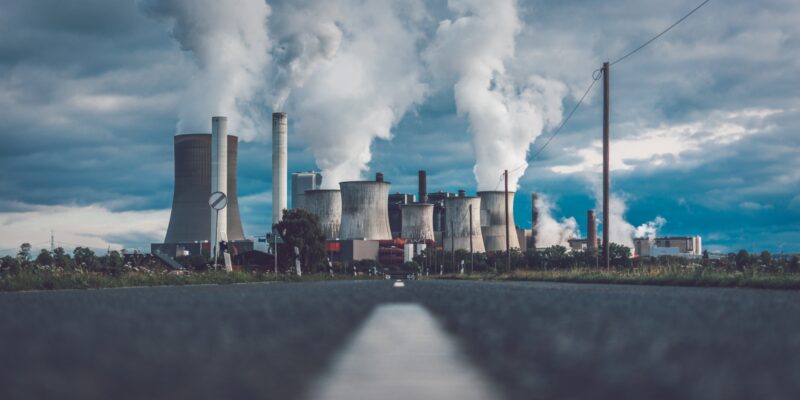Comment
Insights and expert analysis on climate issues.
Share


Climate science beats climate fatalism
Dr Carl-Friedrich Schleussner, Bill Hare
Now that the Earth has warmed roughly 1.2°C, “once-in-a-century” heatwaves, forest fires, and floods are becoming more familiar to us. But there is still a massive difference between 1.2°C and 1.5°C, and the science shows that it is still possible to end this century at or below that threshold.

As world leaders gather at the G7 Summit in Hiroshima this weekend, we take a look at progress made since the last Summit on cutting emissions and decarbonising power to see if they’re living up to their promises.

South Korea’s gas problem
Dr Neil Grant, Dr Lara Welder
South Korea is investing heavily in gas-fired power generation. This raises concerns of overlooking cheaper forms of generations – like renewables – and increasing the country's reliance on overseas fossil fuel imports.

Peak emissions before 2025: key messages from the IPCC’s Synthesis Report
Dr Carl-Friedrich Schleussner
The IPCC's final report of its Sixth Assessment Cycle is a comprehensive overview of the state of climate change and a roadmap for action in this critical. Our experts pull out the key messages.

Despite having 60% of the world’s solar resources the continent has less than 2% of the world’s investment in renewable energy. At COP27, there were calls to expand African gas, risking locking in high emissions, burdening their economies with stranded assets, and potentially losing out on major economic opportunities to invest in renewable energy and green hydrogen.
